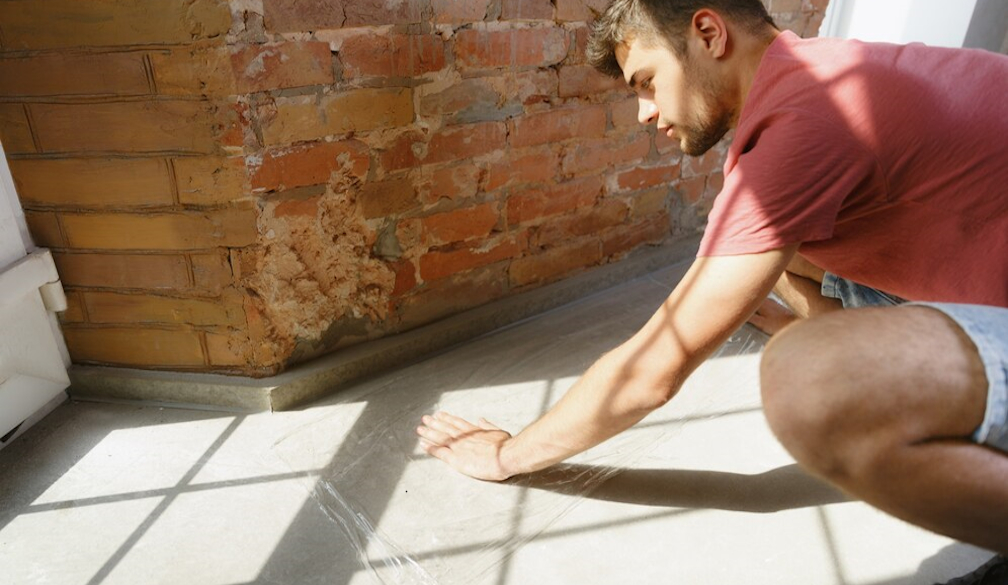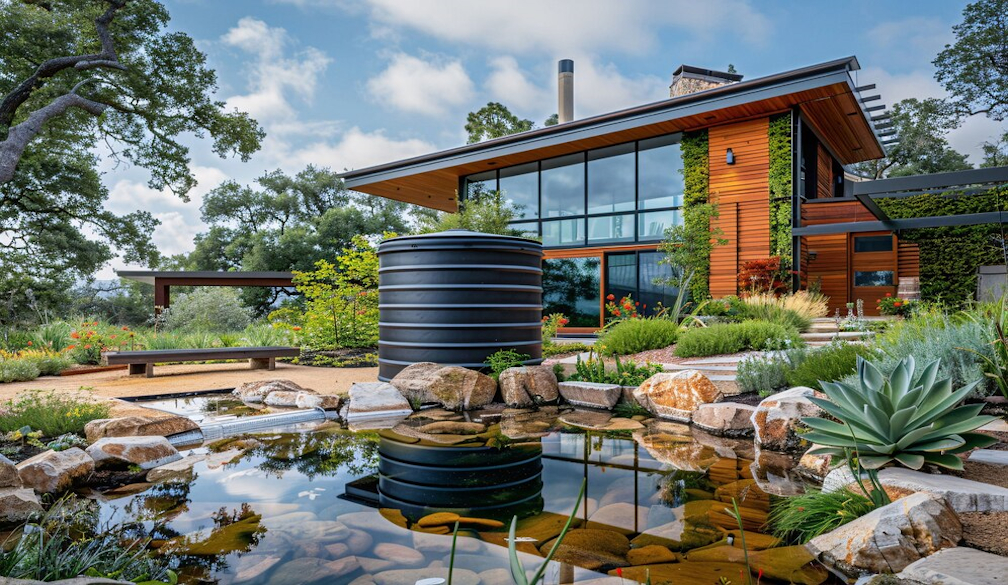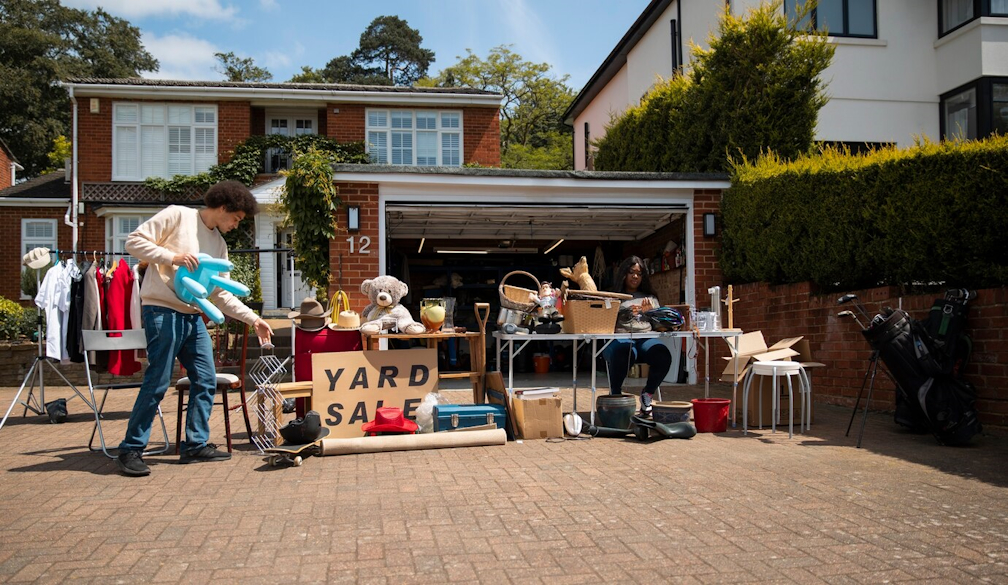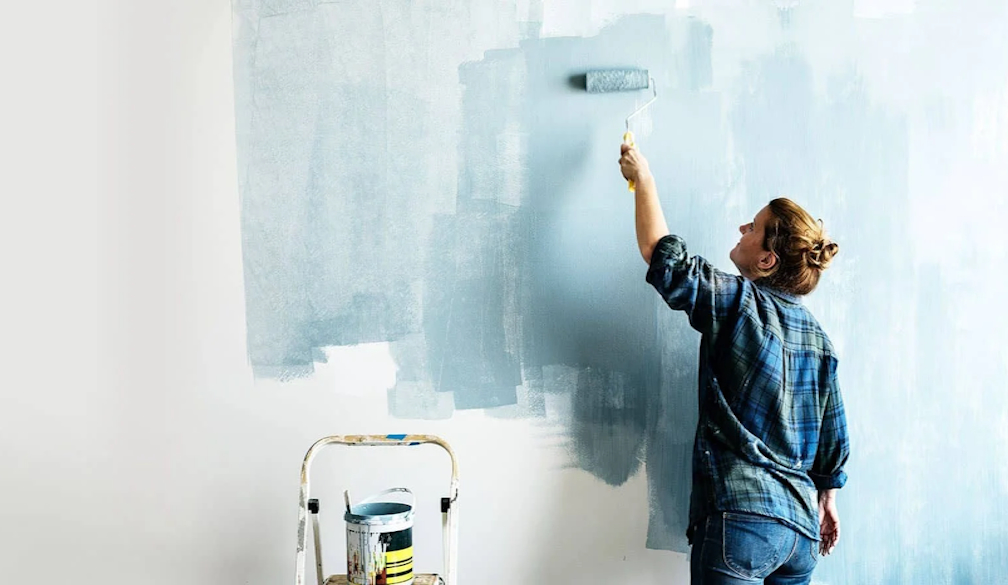The Best Ways a Plumber Can Assess Your New Home
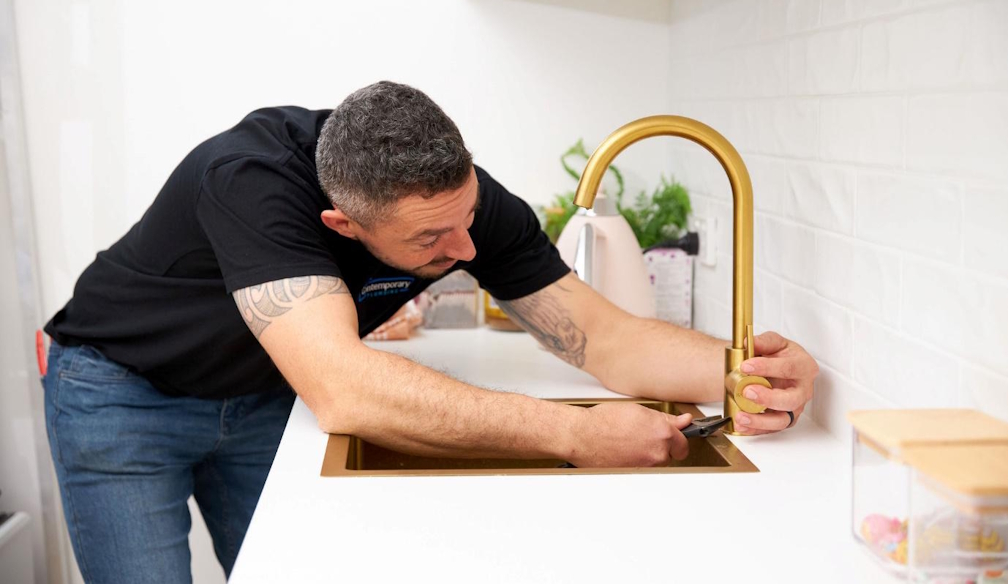
Your dream home might not be so dreamy if hidden plumbing issues are lurking behind the walls. From leaks seeping into your walls to pipes rusting away in secret, plumbing problems are often invisible but can cause significant disruption and expense once they come to light.
While the glossy paint and beautiful interiors might grab your attention during a house inspection, what lies beneath is equally—if not more—important. Plumbing is the lifeline of a functional home, and any weaknesses in the system can lead to costly repairs, water wastage, and even health hazards.
In Australia, where homes face unique challenges such as hard water, coastal corrosion, and compliance with water-saving regulations, a thorough plumbing inspection is not just a good idea—it’s essential.
The best way to protect your investment and ensure your home is truly move-in ready is by engaging a professional plumber to assess its systems. In this article, we’ll explore why plumbing assessments are so important, delve into the key areas plumbers inspect, and highlight the location-specific challenges Australian homeowners need to be aware of.
Why a Plumbing Assessment Matters
Unseen Problems
Plumbing issues are often hidden from plain sight. Unlike a leaky roof or cracked window, issues with pipes, drains, or water pressure usually don’t reveal themselves during a quick walkthrough of the home.
For instance, a slow leak behind a wall might not show any visible signs until it has caused significant damage, such as rotting wood or mould growth. Similarly, corroded pipes under the house might quietly compromise the plumbing system until they fail entirely.
Professional plumbers have the tools, expertise, and experience to uncover these hidden problems before they become major headaches.
Financial Risks
Buying a home is already a significant financial commitment, and unexpected plumbing issues can add thousands of dollars to your expenses if not identified early. For example, replacing a failing hot water system could set you back several thousand dollars, while addressing a blocked sewer line might require costly excavation work.
Catching these issues before purchase allows you to negotiate repairs with the seller or factor the cost of fixing them into your budget. Without this insight, you risk inheriting expensive problems that could have been avoided with a simple plumbing inspection.
Peace of Mind
A thorough plumbing assessment provides more than just financial protection; it gives you peace of mind. Moving into a home with confidence, knowing its plumbing is in good condition, allows you to focus on settling in and enjoying your new space.
Whether it’s the convenience of reliable water pressure, the assurance of an efficient hot water system, or the security of leak-free pipes, a professional assessment ensures that your home’s unseen infrastructure is ready to support your lifestyle.
Key Areas Plumbers Focus On During an Assessment
Water Pressure and Flow
Water pressure is crucial for the comfort and efficiency of your daily routines. From a refreshing shower to cleaning dishes, consistent water flow makes all the difference. A plumber will test the water pressure at various fixtures throughout the house, checking for inconsistencies that might indicate blockages, narrow pipes, or even underlying issues in the mains supply.
Low water pressure isn’t just an inconvenience—it could be a sign of sediment build-up, leaking pipes, or a malfunctioning pressure regulator, all of which need to be addressed to ensure long-term reliability.
Hot Water Systems
A reliable hot water system is essential for every Australian home. Whether it’s a gas or electric unit, the plumber will assess its age, condition, and efficiency. Hot water systems typically have a lifespan of 10–15 years, so an older unit might require replacement soon after you move in.
The plumber will also check for leaks, corrosion, or sediment build-up inside the tank, which can reduce efficiency and increase energy costs. Ensuring the system meets current energy standards is another critical step, particularly for those conscious of their environmental footprint.
Pipework and Materials
Older homes often feature outdated plumbing materials like galvanised steel pipes, which are prone to rust, or even asbestos-containing fittings that pose health risks.
Plumbers will inspect the condition and material of the pipes to identify signs of corrosion, leaks, or wear that could compromise the system. They may use specialised tools, such as cameras, to assess hard-to-reach pipes and provide a clear understanding of any necessary repairs or replacements.
Drainage Systems
Efficient drainage is essential for managing rainwater and preventing waterlogging. This is particularly important in Australia, where heavy rainfall can overwhelm inadequate drainage systems. Plumbers inspect gutters, downpipes, and stormwater drains to ensure they are clear of debris and functioning effectively.
They also assess the property’s grading and drainage design to identify potential flooding risks, offering solutions to protect the home’s foundation and landscaping.
Bathroom and Kitchen Fixtures
The bathroom and kitchen are the most heavily used areas for plumbing. Plumbers will test all taps, sinks, showers, and toilets for leaks, low flow, or other inefficiencies. They will also examine the seals around fixtures, ensuring they are watertight and in good condition.
Any problems, such as dripping taps or slow drains, will be flagged, as they can quickly escalate into more significant issues if left unaddressed.
Sewer and Septic Systems
A blocked sewer line or failing septic system can be a homeowner’s worst nightmare. Plumbers use tools like drain cameras to inspect sewer lines for blockages, root intrusion, or damage. For homes in rural areas with septic tanks, they ensure the system is functioning properly and recommend maintenance or repairs if needed.
Compliance with Plumbing Standards
In Australia, strict plumbing codes govern the installation and maintenance of water systems to ensure safety, sustainability, and efficiency. A professional plumber will verify that your home complies with these standards, suggesting upgrades where necessary to meet modern requirements.
This step is particularly important in older homes, where systems may not have been updated in decades.
Tools and Techniques Used by Professional Plumbers
Modern plumbers use a range of advanced tools to ensure their assessments are thorough and accurate. Camera inspections allow them to explore inside pipes, identifying blockages or damage in hard-to-reach areas.
Pressure testing helps detect leaks or inconsistencies in water flow, while thermal imaging can reveal hidden moisture behind walls and under floors. For properties relying on tank water, water quality testing ensures the supply is free from contaminants and safe for use.
These technologies enable plumbers to provide a comprehensive evaluation, leaving no stone unturned.
Location-Specific Plumbing Challenges
Unique Challenges in Australia
Australia’s diverse climate and geography create unique plumbing challenges. In Perth and Adelaide, hard water can lead to mineral build-up in pipes and appliances, reducing efficiency and lifespan.
Coastal towns like Byron Bay face salt air corrosion, which can damage plumbing fixtures and fittings. In flood-prone cities such as Brisbane, robust drainage systems are essential to prevent water damage during heavy rains.
Plumbing in Watson, ACT
Watson, ACT, exemplifies the diverse needs of Australian homes. Older properties in the area often have ageing infrastructure, while newer homes must comply with modern water-saving regulations. Cold winters in Watson can also lead to frozen or burst pipes if insulation is inadequate.
Local plumbers familiar with Watson’s unique conditions provide tailored assessments that address these specific challenges, ensuring the home’s plumbing is ready for all seasons.
Benefits of Hiring a Professional Plumber for an Assessment
Professional plumbers bring a wealth of experience and expertise to the table. They know what to look for, from subtle signs of corrosion to major system inefficiencies. Catching these issues early not only saves money but also prevents stress and inconvenience down the line. Moreover, a plumber’s recommendations are tailored to your home’s specific needs and local conditions, ensuring long-term reliability and compliance with Australian standards.
Tips for Homebuyers Preparing for a Plumbing Assessment
Before your plumber arrives, gather relevant documents like water bills, renovation records, and maintenance histories to provide valuable context. Ask questions about the expected lifespan of the plumbing system, potential repair costs, and opportunities for water-saving upgrades.
Once the assessment is complete, use the plumber’s report to prioritise repairs or negotiate adjustments with the seller, ensuring you’re fully informed before moving forward.
A professional plumbing assessment is a critical step for any homebuyer. It uncovers hidden issues, saves money, and provides peace of mind.
By addressing location-specific challenges, such as those in Watson, ACT, and ensuring compliance with Australian standards, you can move into your new home with confidence.
Protect your investment by scheduling a plumbing assessment today—because your dream home deserves a dream plumbing system.

